Semigration is a continuing trend affecting property investment in South Africa. Whether for work, investment, cost-savings, quality of life or retirement, buyers are continuing to invest in smaller towns.
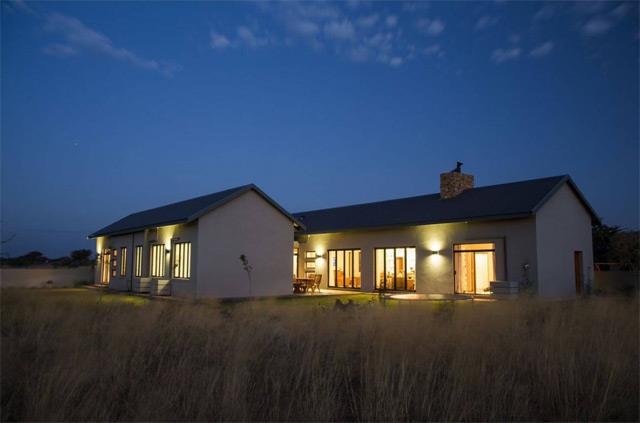
We look at two very different regions that are attracting buyers for different reasons and proving that there are great opportunities available away from the madding crowds.
The Swartland, Western Cape
The population of the Swartland in 2016/2017 was recorded as 129 573, which was 29.1% of the total population of the West Coast. At that time there were 39 139 households, 94.6% formal dwellings and 65% of those were owned.
Major towns in the area are Malmesbury, known for its wheat fields and vineyards, Moorreesburg, which offers a variety of outdoor activities such as 4x4 trails, bird watching, horse riding, cycling/mountain biking, and clay pigeon shooting, and Darling, which with more than 300 flowering species in four reserves hosts the spring Wild Flower show.
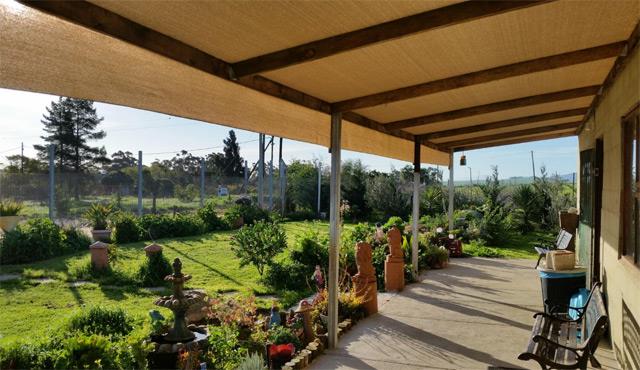
Riebeek Kasteel and Riebeek West are quaint and picturesque villages at the foot of the Kasteelberg, overlooking the valley and distant mountains. Vineyards and wheat fields provide a kaleidoscope of colour throughout the year. Koringberg is a small farming village surrounded by wheat fields.
Malmesbury, Moorreesburg and Piketberg all have high schools that children from surrounding towns attend.
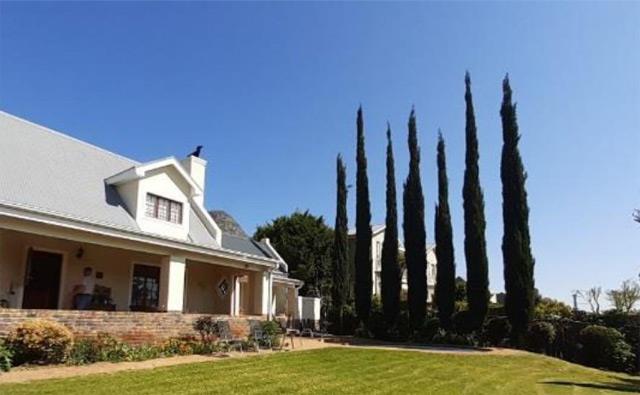
Ronald Brink of Just Property says some of the trends affecting movement to the Swartland include the rise of the “super commuters” – professionals who live in small towns and commute to the cities and business hubs, and the concept of “remote working”, where professionals work from small towns, patching-in to city offices and avoiding the negatives of city life, such as heavy traffic and escalating crime. Retirees and empty nesters looking to scale down and live a quieter life are also attracted by the Swartland’s good municipal governance, and income opportunities. Thanks to tourism in the area, and the low barrier to entry, there is a thriving accommodation industry expedited by online portals such as Airbnb.
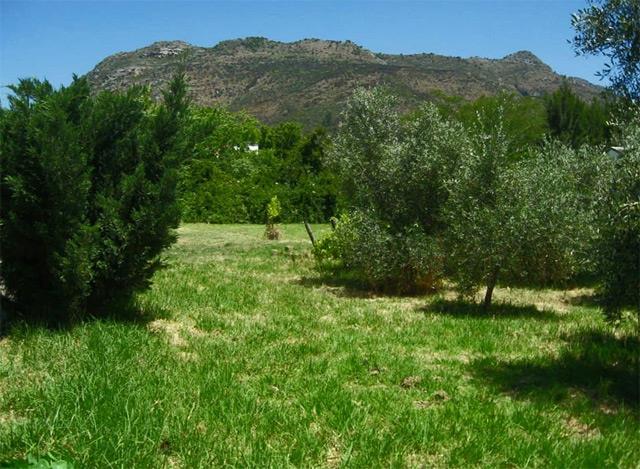
Brink says the current buyer’s market has seen astute investors identifying opportunities in the country areas that present lower risk and financial requirements. “One can purchase property at a considerably lower level than the cities, which allows investors to buy a relatively inexpensive property whether there need is investment, income generation asset class or scaling down. Over the past 12-18 months we have seen sales of many houses under R750 000 in the Koringberg area and a new level developing around R900 000 to R1 million.
Pensioners (+65 years of age) make up of approximately 25% of the Sellers in Malmesbury and Moorreesburg. However, the figure increases to 46% in Riebeek Kasteel, Riebeek West and Piketberg. Brink reports that approximately 30% of all sellers are aged 50-65. The largest group of buyers are aged 36-49 (37% of all sales); 25% are aged 50-65. Pensioners make up 7% of all buyers, with the exception of Riebeek Kasteel (20%) and Riebeek West (32%).
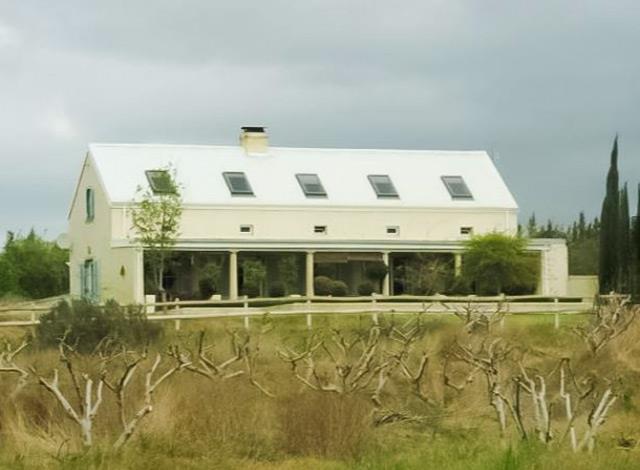
Brink says available vacant land is more freely available in Piketberg and Koringberg, and currently sells around R13 000 per square metre. The cost for land rises sharply in the established country towns, and in places like Moorreesburg, Piketberg and Riebeek Kasteel / Riebeek West, buyers are purchasing older properties with character and renovating. Several developments/estates are being constructed in Riebeek and Malmesbury.
The average price in the last year for a freehold property is R1 056 000 in Malmesbury (107 sales), R694 000 in Morreesburg (60 sales), R513 000 in Koringberg (6 sales), R1 956 000 in Riebeek Kasteel (23 sales), R1 778 000 in Riebeek West (14 sales), and R921 000 in Piketberg (22 sales).
The Kalahari, Northern Cape
The population of Kathu is just 6 231 in total and the town offers 1 139 properties in estates and 5 092 freestanding properties. Interestingly, all properties in Kathu are full title.
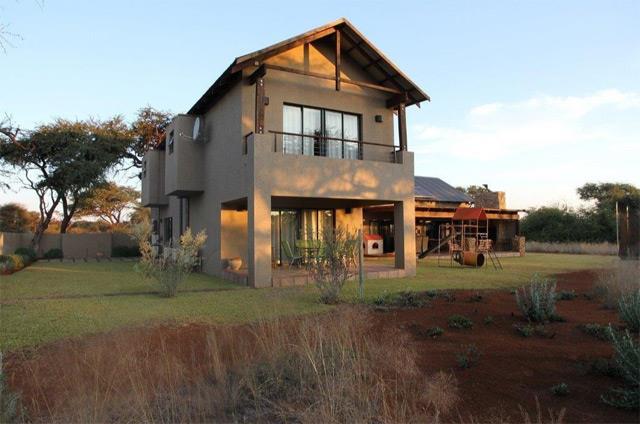
The town is in the middle of the Northern Cape mining area that reaches from beyond Postmasburg, to the South, and the surrounding area of Kuruman, to the North East.
Kathu has two malls and two shopping centres, a hospital and various schools, as well as a SIVOS training centre and FET College.
Employees of the contracting companies tend to have their permanent homes in Gauteng or the Western Cape, and prefer to rent while working in the area. According to Ria Taljaard of Just Property, the development of new properties has stagnated, due to water restrictions. “This leaves us with a high demand for rental properties. The low supply pushes the rents up, so there is a trend for investors from all over South Africa to purchase in rental properties in Kathu. These investors prefer to buy in security estates, but due to the demand they will consider any property that can be rented out.
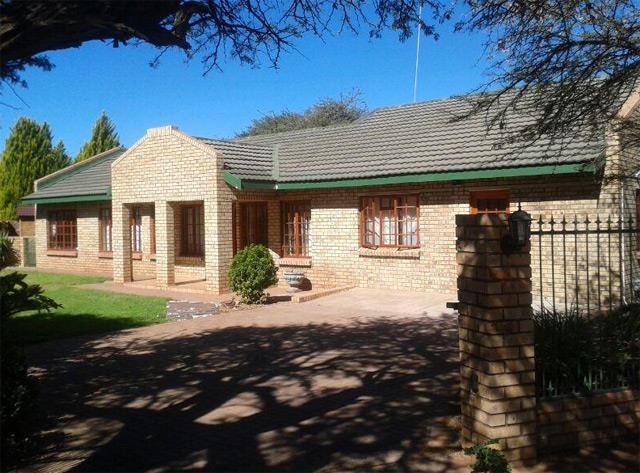
“It is normal, and has been normal in this area for quite some time, to buy a property and have a rental income from the first month that covers your bond 100%, with some change to spare,” she adds. “The current average rental is around R10 864 per month, and this has been fairly stable for the last 5 years, varying from R9 500 to the current average.”
Taljaard points out that according to the Payprop rental index, rent in the Northern Cape is higher than the national average, and only the Western Cape reported higher average rental incomes than the Northern Cape, as a province.
The market is very active with 52% of homeowners buying their properties within the last 7 years. “Full title homes to the value of R272.39 million were sold in the last 12 months and full title stands to the value of R4.49 million. For a small town, this is a significant amount.”
Investment opportunities currently include entrance-level duet units ranging from 42sqm to 65sqm on sale for between R390 000 and R650 000. The rental on these, ranges from R5 000 to R7 500.
Larger three bedroom, two bathroom townhouses in security complexes are available at asking prices of between R1.1 million and R1.5 million (these achieve rentals of R11 000 to R16 000).
Freestanding properties not in complexes will vary from entry-level (R950 000 to R1.4 million with rental incomes of R10 000 to R15 000) to mid-level (R1.3 million to R1.6 million with rental income of R14 000 to R18 000). Top-level properties in and outside of complexes go for prices from R2 million upwards, and command rentals ranging from R20 000 to R30 000 per month.







